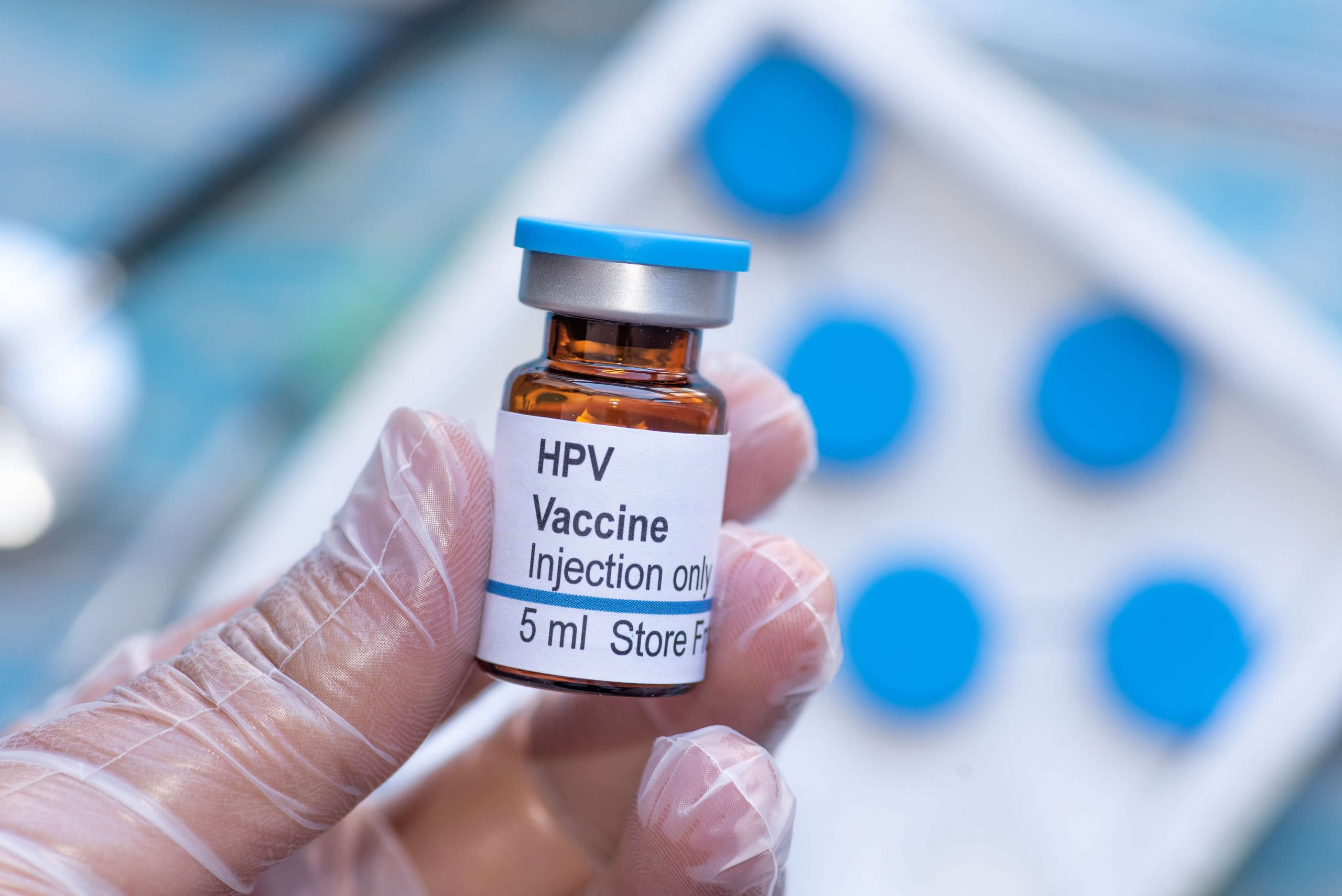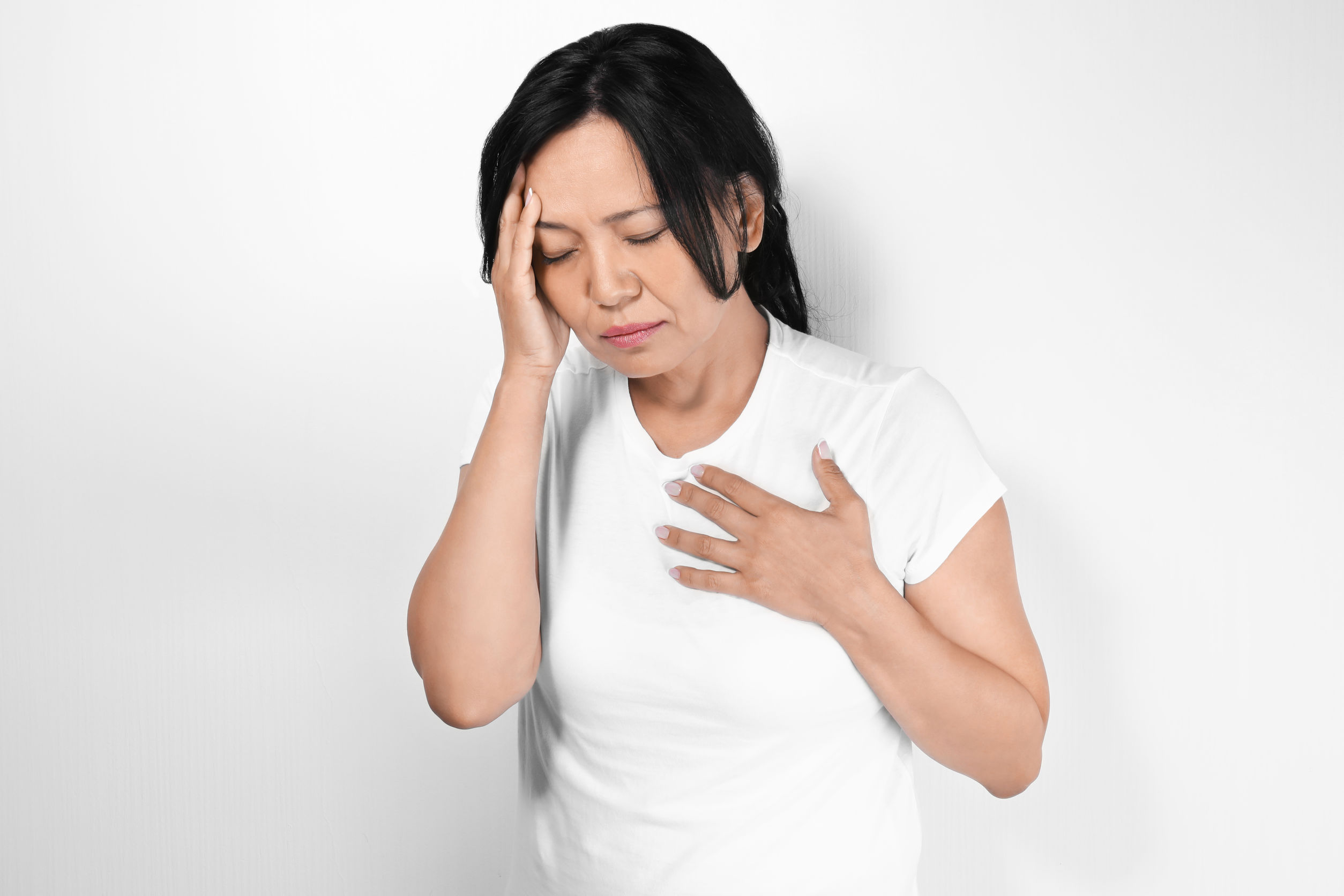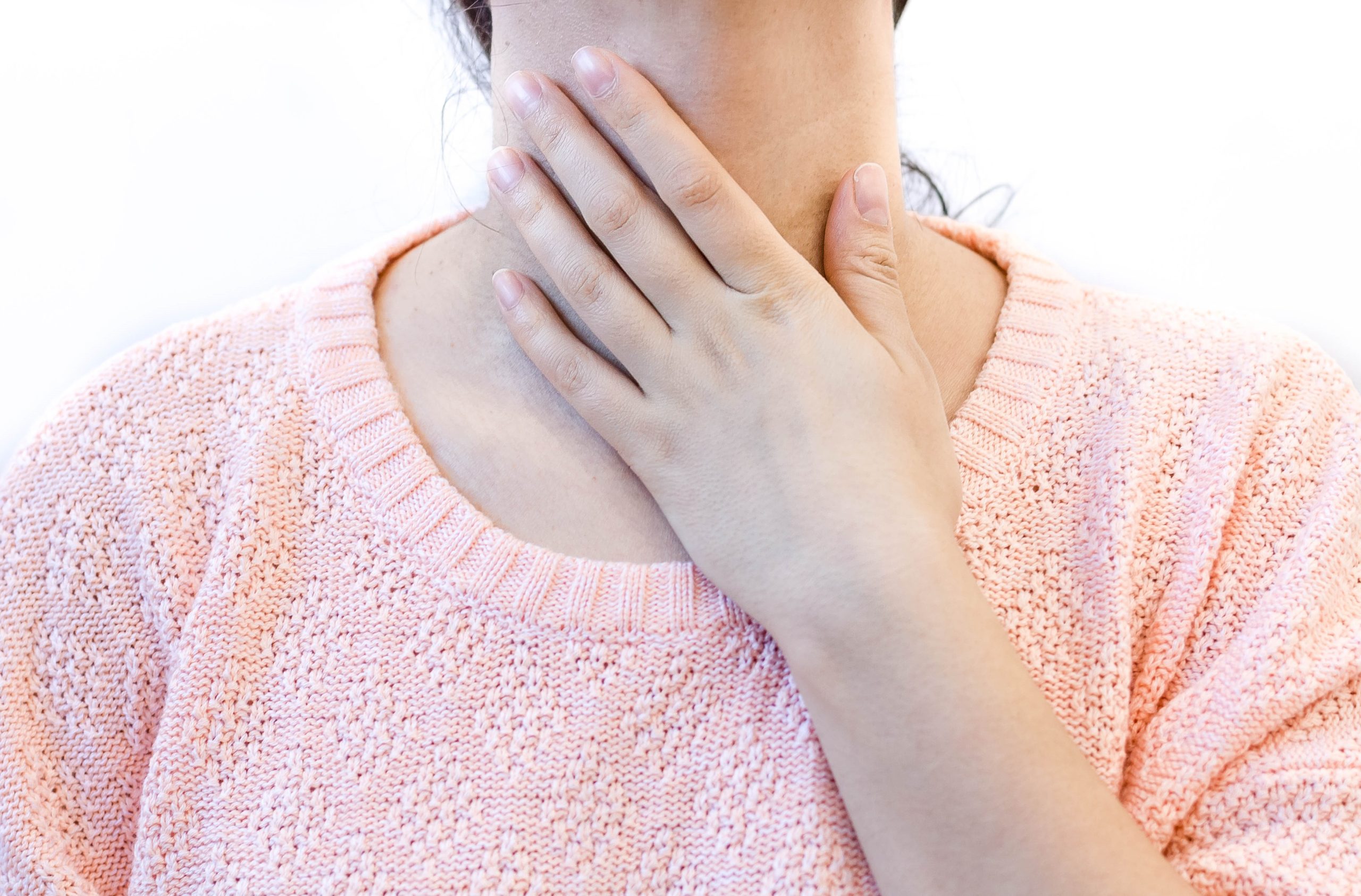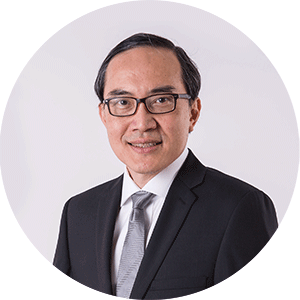
What Is HPV?
The human papillomavirus, more commonly known as HPV, is a viral infection transmitted through skin-to-skin contact. HPV is one of the most common sexually transmitted infections (STI), with approximately 8 out of 10 people infected at some point in their lifetime.
There are more than 100 different strains of HPV, of which more than 40 of them are passed through sexual contact, affecting the genitals, throat and mouth.
HPV can be categorised into two major types – Low risk and high risk. Common low-risk types of HPV include HPV 6 and HPV 11, while HPV 16 and HPV 18 are considered high-risk types of HPV.
What Causes HPV?
An HPV infection is typically transmitted through skin-to-skin contact, most commonly via direct sexual contact. However, a person who contracted HPV can still pass on the virus to others through close physical contact as well.
Other factors that increase the risks of contracting HPV include:
- A weakened immune system
- Having multiple sexual partners
- Unprotected sexual intercourse
- Having a sexual partner that has HPV
In rare cases, HPV can also be transmitted from an HPV-positive mother to her infant during birth.
What Are the Symptoms of HPV?
Most HPV infections do not cause any noticeable symptoms and usually go away on their own.
However, in some cases, persistent infections may result in the following:
- Genital warts (small skin bumps that may cause itchiness)
- Common warts (Rough raised growths that usually develop on the hands, elbows or fingers)
- Plantar warts (Hard, grainy spots that appear on the heels or balls of the feet)
- Flat warts (Smooth, dark and slightly raised lesions that can appear anywhere on the body)
The HPV strains that are considered precancerous, do not form warts. They have no symptoms and can only be detected by PAP smears and HPV tests.
What Are the Complications of HPV?
While most HPV infections (such as HPV 6 and HPV 11) are generally harmless, HPV can still lead to cancer. The risk of developing cancer increases in people with weakened immune systems or when they contract high-risk HPV types such as HPV 16 and HPV 18.
The most common types of cancer include cervical, penile, anal and oropharyngeal (throat) cancer.
Can HPV be treated?
Most HPV infections, especially asymptomatic ones, do not require any treatment as the virus will naturally be cleared by the body.
Treatment is only necessary if pre-cancerous growths or genital warts develop or when the infection results in cancer.
What Is the HPV Vaccine?
As there is no direct treatment or cure for HPV, the best way to prevent HPV infection is to get vaccinated.
The HPV vaccination helps to protect against several low and high-risk types of HPV. Even though the vaccine does not guarantee 100% protection (as with any vaccination), it helps to significantly reduce the risk of developing cervical cancer, one of the most common cancers in women.
What Are the Available HPV Vaccines in Singapore?
Currently, the vaccines approved for use in Singapore are Cervarix, Gardasil and Gardasil 9.
| Cervarix | Gardasil | Gardasil 9 | |
| Protect against the following HPV subtypes | 16, 18 | 6, 11, 16, 18 | 6, 11, 16, 18, 31, 33, 45, 52, 58 |
| Approved age for use | Females aged 9 to 25 years old | Females aged 9 to 26 years old | |
| Vaccination schedule | 9 to 14 years old
Two doses, 5 to 13 months apart. 15 to 25 years old Three doses, with the second dose at 1 to 2.5 months after the first. The third dose will be given 5 to 12 months after the first. |
9 to 14 years old
Two doses, 6 to 12 months apart. 15 to 26 years old Three doses at 0, 2 and 6 months. |
|
Who Should Get the HPV Vaccine?
Under the National Childhood Immunisation Schedule (NCIS) and National Adult Immunisation Schedule (NAIS), the HPV vaccination is recommended if you are:
- A female aged 9 to 26 years old
- Not yet exposed to the HPV strains covered by the vaccines
- Sexually active
Although males are not covered under the current vaccination programme in Singapore, the vaccine can still be given to both genders. Males may still be susceptible to cancer caused by an HPV infection.
As such, males aged 9 to 26 years old who wish to be vaccinated should consult a doctor to determine their eligibility, as well as to find out more about the benefits and limitations of the vaccine.
Alternatively, if you are above 26 years old and wish to receive the HPV vaccination, you should also speak to a doctor to assess your suitability.
Who Should NOT Be Vaccinated?
However, the HPV vaccination may not be suitable if you are:
- Pregnant
- Sensitive or allergic to any of the vaccine components or yeast
- Suffering from a moderate or severe acute infectious illness
If you are unsure of whether you are eligible for the vaccination, consult our team of dedicated medical specialists to make a more informed decision.
Are There Any Vaccine Side Effects?
As with any vaccinations, the common side effects include:
- Pain and swelling at the vaccinated site
- Fever
- Headache
- Dizziness
- Nausea
- Fatigue
How Long Does the Vaccine Protection Last?
The HPV vaccination offers sustained protection against the HPV subtypes that the vaccines cover, such as HPV 6, 11, 16 and 18.
There are currently no recommendations for additional vaccine booster shots.
Conclusion
HPV can cause cancers in both genders, especially cervical cancer in females. An HPV vaccination helps to protect against several subtypes of HPV and drastically lowers the risk of developing cancer.
Speak to our dedicated team of specialists to assess your suitability and make an informed choice about HPV vaccination.
WHO WE ARE
About SOG Health Pte. Ltd.
Established in 2011, SOG Health Pte. Ltd. (“SOG”) is a leading healthcare service provider dedicated to delivering holistic health and wellness services to the modern family.
With a long and established track record in Singapore providing Obstetrics and Gynaecology (“O&G”) services such as pre-pregnancy counselling, delivery, pregnancy and post-delivery care, the Group has since further expanded its spectrum of healthcare services to include Paediatrics, Dermatology, and Cancer-related General Surgery (Colorectal, Breast & Thyroid).
The Group’s clinics, under its four operating segments of O&G, Paediatrics, Oncology and Dermatology, are strategically located throughout Singapore to provide easy access to its patients.
- Obstetrics
- Gynaecology
- GynaeOncology
- Breast, Thyroid & General Surgery
- Colorectal, Endoscopy & General Surgery
- Dermatology
- Paediatrics
Consult With A Specialist From SOG
Visit one of our specialists today to learn more about your health!
Recommended Specialists
Book An Appointment
Fill up this form and our clinic will get back to you shortly.
For general enquiries, please click here.









